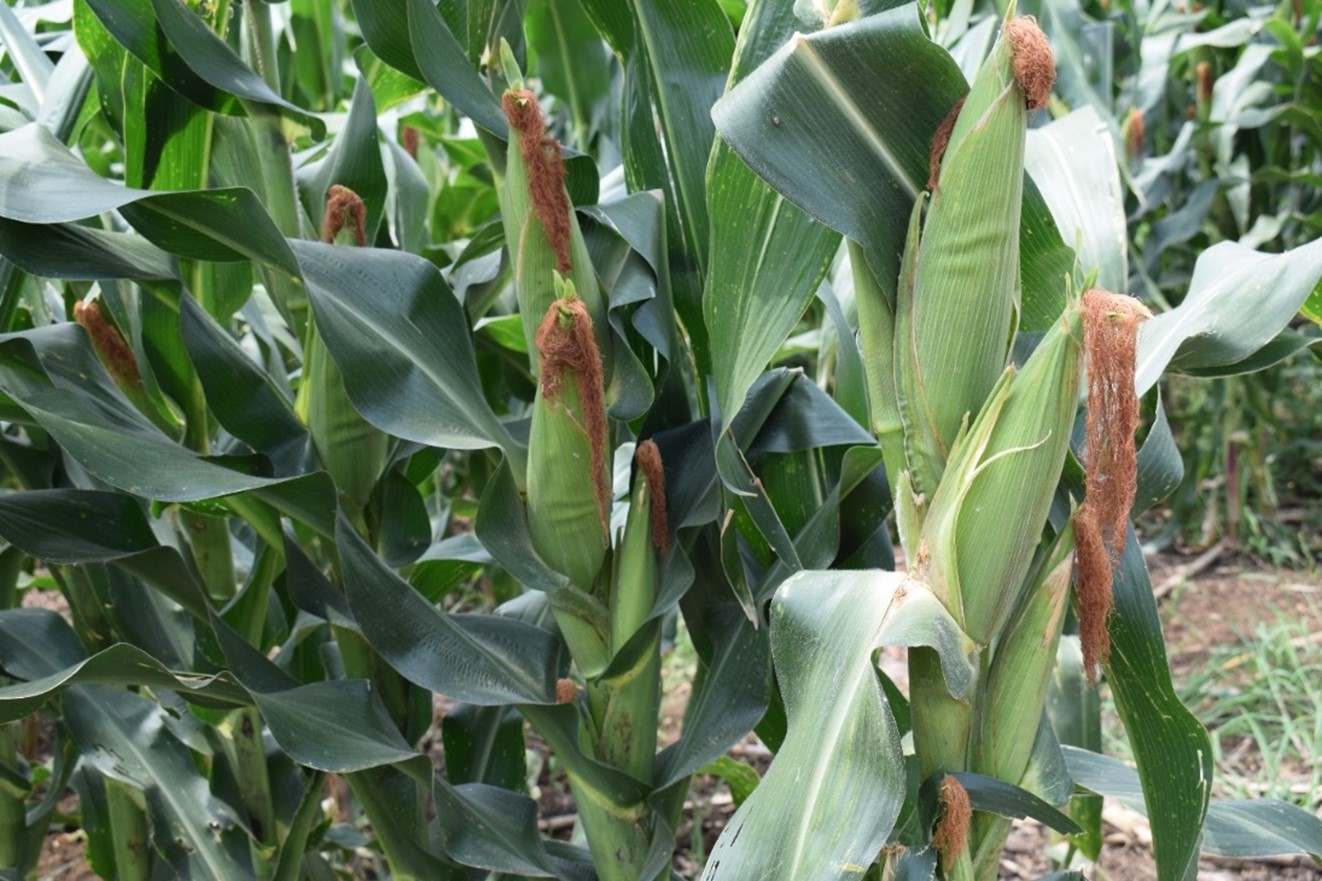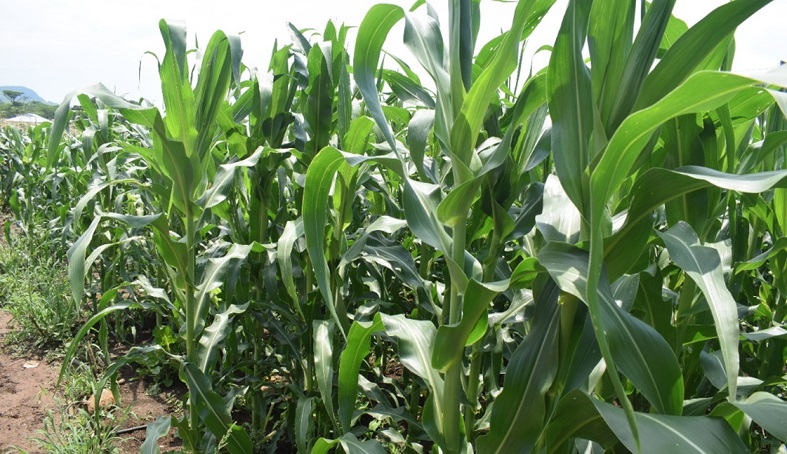By Matsobane Manaka

Processed maize remains a staple food in a form of pap or porridge in many households.
Maize growers were urged to come up with a new approach of growing produce. The plea was in response to the change in weather pattern coupled by the high production inputs.
Focus was on how Rasebayi Project manage to succeed on growing maize on dry land despite the challenges of changes in climate conditions.
Critical aspects to increase production including those used by the Rasebayi maize producers were highlighted during the crop information day held at Ga-Rankuwe.
In her presentation, Rebina Sasa, a Crop Scientist urged farmers to use the right cultivars that can respond well with the environment of that respective area. Those include the use of pests and drought resistance hybrid seeds given the emergence of pests such as Fall Army Worm. She encouraged the use of non-vaccinated seeds as shield to cover those inside the cultivation area.
In addition, Charles Matlou from Cortiva Hybrid Seeds reflected on the choosing of the right time to plant. He said the common practice of maize planting season under rainfed situation is between October and November because of the good early rain of over 50 mm. “Late planting is risky as the crop may likely suffer not only from drought stress, but pests and disease infection such as stalk borers and maize streak viruses respectively.
“Due to inconsistency of summer rainfall particularly in dry areas, it is important for maize growers to employ rain harvesting techniques that will contain optimum moisture such as wet ripping, mulching, potholing and tied ridging. Moreover, it is safe however, to plant earlier with the right maize seed hybrid armed with the right fertiliser and manure. That will improve the production yields, quality and resulted with the improved livelihood”, noted Matlou.
Another aspect is the adoption of climate smart given the climate change that affects food security, thus according to Romeo Mphahlele.
Catherine Rasehlo from Polokwane Municipality called upon emerging farmers to take advantage of economic stimulus programmes within the municipality such as the Incubation programme, which include capacity building, entrepreneurial skills, marketing. She has requested that farmers should come forward to register in the municipality’s database for inclusion in that programme.

Successful production of maize depends on various forms ranging from preparation of soil, variety selection, fertiliser, plant spacing, and weed controlling and spraying applications, among others.


